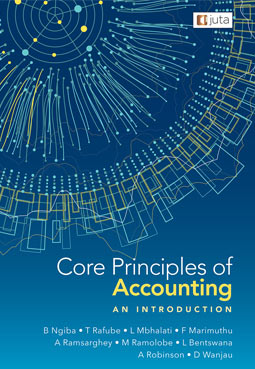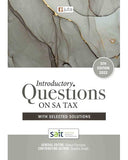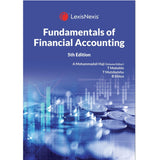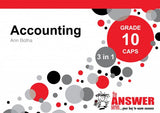
Core Principles of Accounting: An Introduction, 1st
Core Principles of Accounting – an Introduction aims to provide southern African students with a decolonized teaching and learning experience. While the science behind the discipline of accountancy is complex to decolonize, especially because many countries have adopted the International Financial Reporting Standards (IFRS), an effort has been made by the authors of Core Principles of Accounting – an Introduction to contextualize the study of accounting to a more relatable world view.
| ISBN: | 9781485132424 |
| Publisher: | Juta Publishers |
| Variant: | Printed |
| Author(s): | |
| Edition: | 1st Edition |
Content
- The basic principles of accounting
- Recording of transactions
- Different journals and posting to the ledger
- Trial balance, adjustments and closing transfers
- Cash and Cash equivalents
- Credit transactions
- Inventories- Inventory methods and stock cards (FIFO, Weighted average, Specific identification)
- Financial statements of Sole Traders
- Financial statements of Partnerships
- Financial statements of Close Corporations
- Financial statements of Companies
- Manufacturing entities
- Non-profit Organizations
- Branches
- Incomplete records
We Also Recommend





